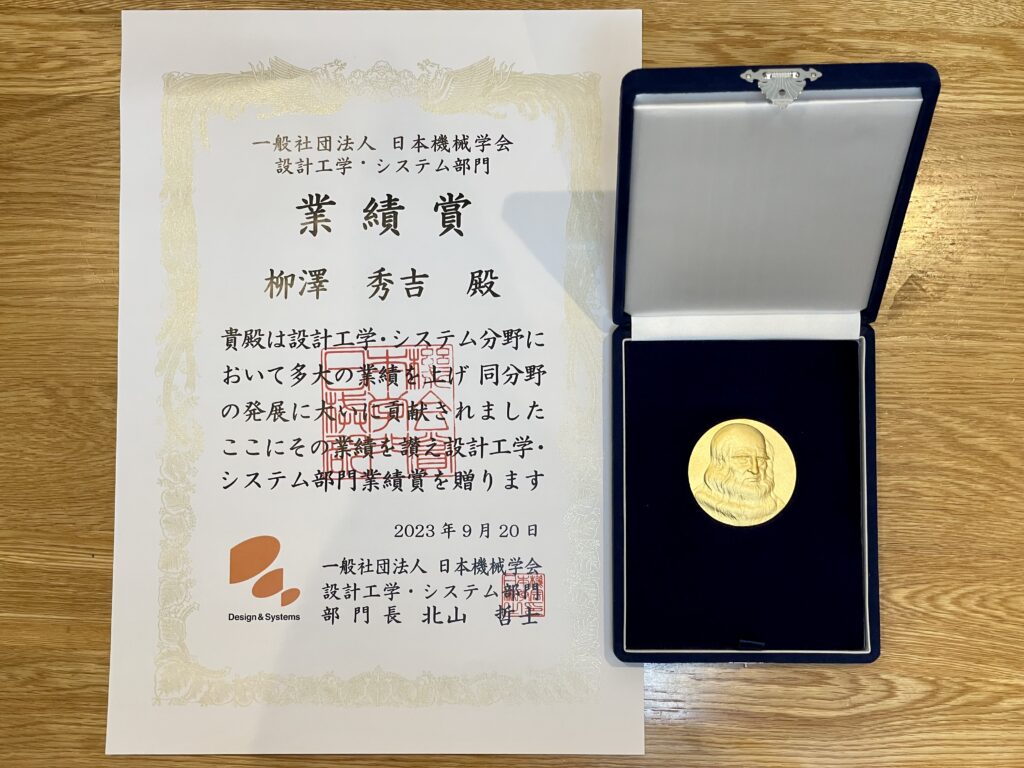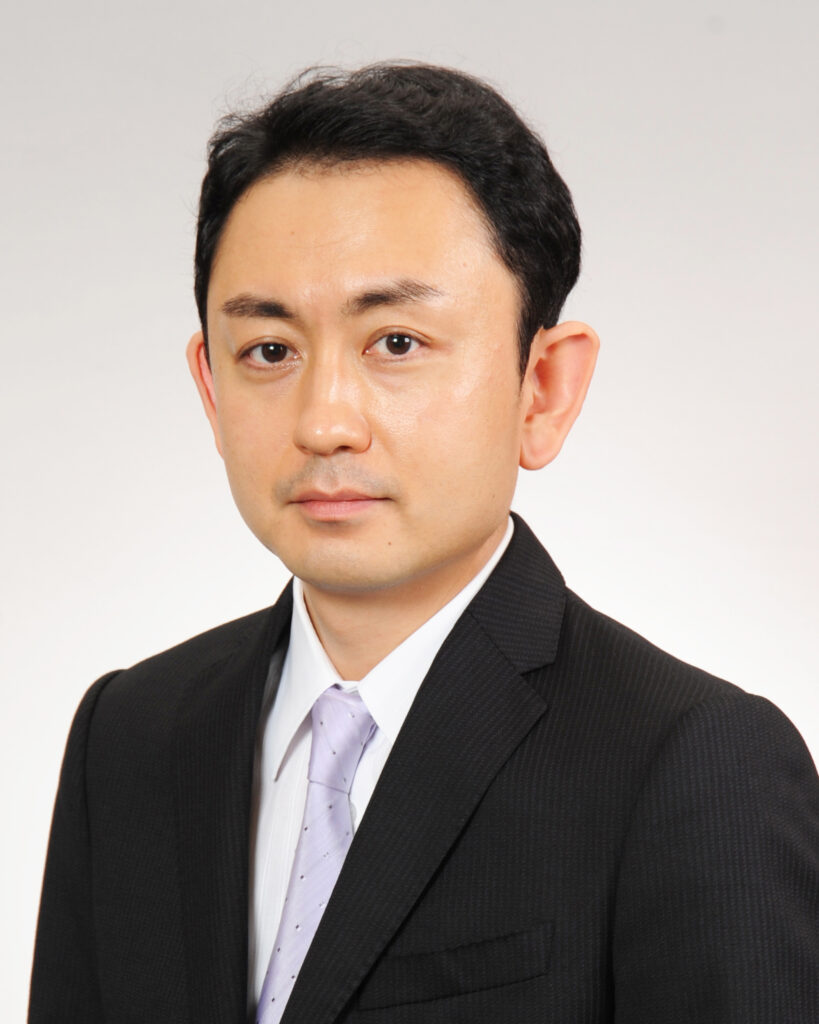Associate Professor Hideyoshi Yanagisawa received the Achievement Award of Design Engineering/Systems Division from the Japan Society of Mechanical Engineers (JSME).
Associate Professor Hideyoshi Yanagisawa received the Achievement Award of Design Engineering/Systems Division at the 33rd Annual Meeting ofthe Design Engineering and Systems Division of the Japan Society of Mechanical Engineers. This award is presented to individuals or groups who have achieved outstanding research or technological developments in the field. His extensive work in the field of Sensory Design Engineering over approximately 20 years received high recognition.
About Awarded Research
Over the course of more than 20 years, from his doctoral research to his current position at the University of Tokyo, Dr. Hideyoshi Yanagisawa has consistently demonstrated remarkable achievements in foundational research toward the systematization of Sensory Design Engineering and in applied research through collaboration with industry. His pioneering research has earned him recognition through various awards, including the Japan Society of Mechanical Engineers awards (for papers and technology) and the ASME CIE Best Paper Award. Particularly noteworthy are the innovative results of his research based on Sensory Design, which involve the exploration of the mathematical principles of sensation and the application of these principles in design. Traditionally, sensory engineering primarily employed inductive methods to model sensation based on evaluation and measurement data. In contrast, Dr. Yanagisawa addressed the interpretability of extrapolation and model predictions required for novel designs. He introduced a groundbreaking methodology by deductively formalizing sensation based on the principles of brain function, becoming a global pioneer in this field. This initiative led to his development of theories and computational models that provide a unified mechanical and mathematical explanation for various cognitive aspects such as perception, emotion, and subjectivity. His foundational research, published in neuroscience journals, has garnered attention. In applied research, he has achieved multiple Best Paper Awards at international conferences in the fields of design engineering and sensory engineering. These outstanding research contributions not only contribute widely to the development of design engineering but also serve as a foundation for the advancement of engineering and scientific fields dealing with human aspects. Thus, his series of exceptional research accomplishments make him highly deserving of the Achievement Award.


